
Lüneburg Heath: A Tranquil Escape into Nature's Beauty
Lüneburg Heath, located in the heart of Lower Saxony, Germany, is a paradise for nature lovers and outdoor enthusiasts. This stunning landscape is characterized by its rolling heathland, purple heather blossoms, and serene forests. Visitors can experience the beauty of the heath in full bloom from late August to early September, when the landscape transforms into a sea of purple. This area is not only about breathtaking scenery; it is also rich in history and culture. The small towns and villages dotting the heath, such as Wilsede and Undeloh, offer a glimpse into traditional German rural life. Cobblestone streets, half-timbered houses, and charming local eateries make for a delightful exploration. Outdoor activities abound in Lüneburg Heath. Hiking and cycling trails wind through the area, offering visitors a chance to immerse themselves in the natural surroundings. There are also opportunities for horseback riding, bird watching, and even hot air balloon rides. For those interested in history, the area is home to several museums and historic sites, including the Lüneburg Heath Nature Park and the German Salt Museum in the nearby town of Lüneburg.
Local tips in Lüneburg Heath
- Visit in late August to early September to see the heather in full bloom.
- Rent a bike or join a guided cycling tour to explore the heath's extensive trail network.
- Check out local eateries for traditional German cuisine in towns like Wilsede and Undeloh.
- Bring binoculars for bird watching, as the heath is home to diverse bird species.
- Wear comfortable walking shoes for exploring cobblestone streets and hiking trails.
Lüneburg Heath: A Tranquil Escape into Nature's Beauty
Lüneburg Heath, located in the heart of Lower Saxony, Germany, is a paradise for nature lovers and outdoor enthusiasts. This stunning landscape is characterized by its rolling heathland, purple heather blossoms, and serene forests. Visitors can experience the beauty of the heath in full bloom from late August to early September, when the landscape transforms into a sea of purple. This area is not only about breathtaking scenery; it is also rich in history and culture. The small towns and villages dotting the heath, such as Wilsede and Undeloh, offer a glimpse into traditional German rural life. Cobblestone streets, half-timbered houses, and charming local eateries make for a delightful exploration. Outdoor activities abound in Lüneburg Heath. Hiking and cycling trails wind through the area, offering visitors a chance to immerse themselves in the natural surroundings. There are also opportunities for horseback riding, bird watching, and even hot air balloon rides. For those interested in history, the area is home to several museums and historic sites, including the Lüneburg Heath Nature Park and the German Salt Museum in the nearby town of Lüneburg.
When is the best time to go to Lüneburg Heath?
Iconic landmarks you can’t miss
Wildpark Lüneburger Heide
Discover over 1,200 animals from 140 species at Wildpark Lüneburger Heide, a sprawling wildlife park in the heart of Lüneburg Heath, offering daily shows, petting zoos, and adventure for all ages.
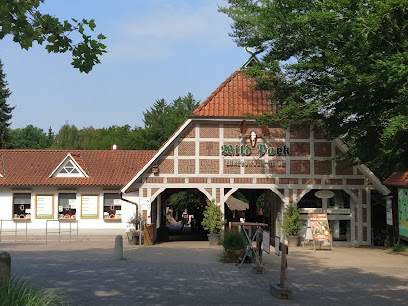
Am Sande
Discover Am Sande in Lüneburg: A historic square with stunning medieval architecture, vibrant events, and a charming atmosphere, reflecting the city's rich Hanseatic past.
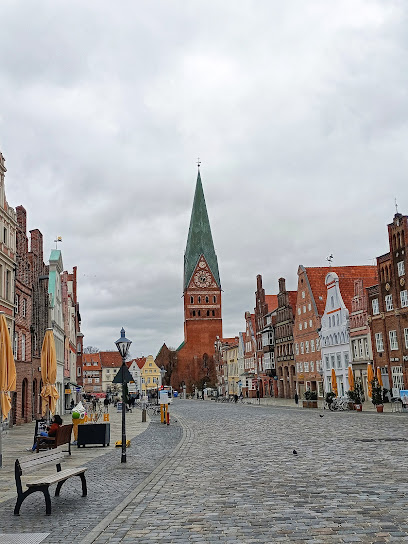
Old crane in the Lüneburg harbor
Discover the historic Old Crane in Lüneburg, a symbol of the city's Hanseatic past and salt trade legacy, offering a glimpse into medieval engineering and waterfront charm.
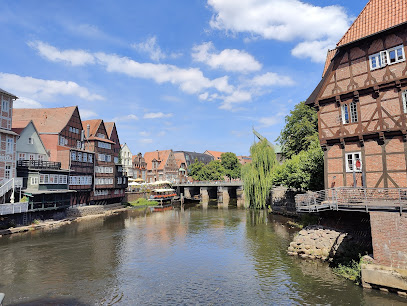
German Salt Museum
Discover Lüneburg's salty legacy at the German Salt Museum, exploring over 1,000 years of salt production and its impact on the region's wealth and cultural heritage.
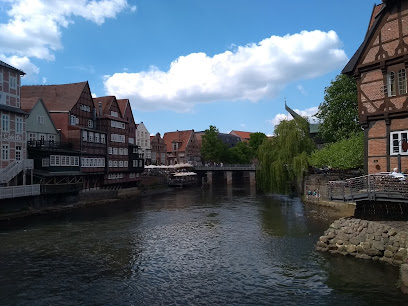
Totengrund
Discover the mystical beauty of Totengrund in Lüneburg Heath: a unique Ice Age valley with stunning heather blooms, tranquil hiking trails, and a rich history of nature conservation.
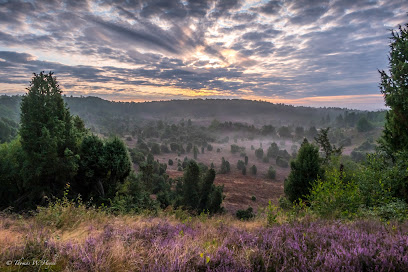
Heide Himmel Observation tower
Experience breathtaking panoramic views of the Lüneburg Heath from the Heide Himmel observation tower, nestled within the Wildpark Schwarze Berge near Hanstedt, Germany.
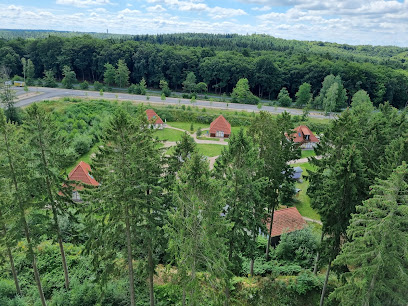
Lüne Abbey
Immerse yourself in history at Lüne Abbey, a serene monastery and museum showcasing architectural beauty and cultural heritage in Lüneburg, Germany.
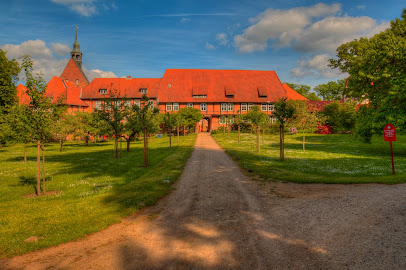
Museum Lüneburg
Discover Lüneburg's captivating history and natural wonders at Museum Lüneburg: Explore interactive exhibits, archaeological treasures, and cultural stories in the heart of the Hanseatic city.
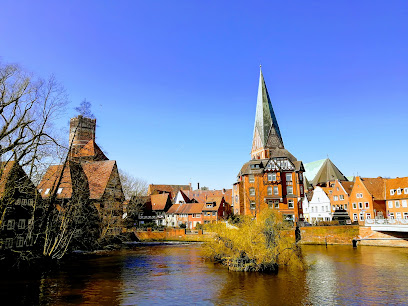
Wilseder Berg
Discover panoramic views and tranquil heathlands at Wilseder Berg, the heart of Lüneburg Heath, a car-free nature reserve steeped in history and natural beauty.
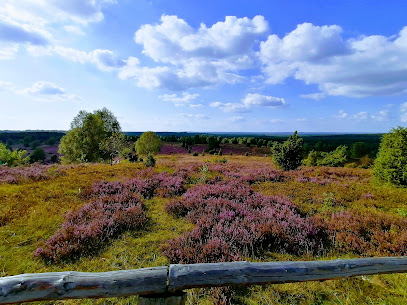
Klein Bünstorfer Heide
Discover the serene beauty and ancient history of Klein Bünstorfer Heide near Bad Bevensen, a tranquil heathland offering a peaceful escape and a glimpse into the Bronze Age.
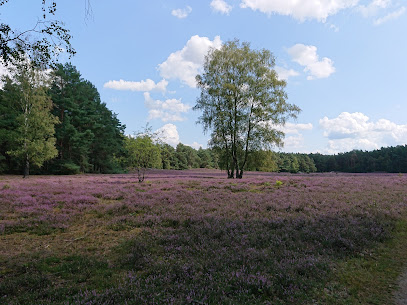
Abbey mill
Discover the historic Abbey Mill in Lüneburg, a picturesque landmark showcasing the city's rich milling history and tranquil waterfront charm, nestled in the heart of the Hanseatic city.
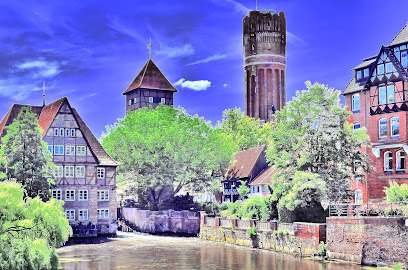
Das Schwangere Haus
Discover the enchanting Schwangere Haus in Lüneburg, a quirky architectural marvel born from medieval building techniques, embodying the city's rich Hanseatic history and unique charm.
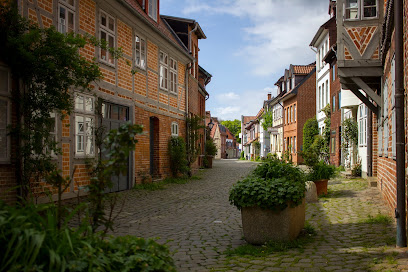
Heidemuseum Dat ole Huus
Discover 19th-century rural life at Heidemuseum Dat ole Huus in Wilsede, a charming car-free village in the heart of Lüneburg Heath, offering an immersive journey into the region's past.
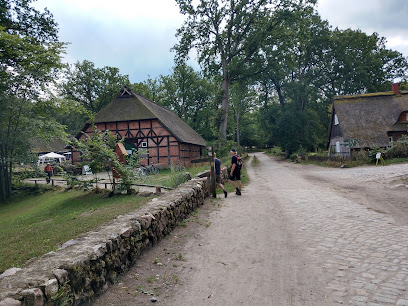
Hanibals Grab
Discover the enigmatic Hanibal's Grave in Lüneburg Heath: a Stone Age site shrouded in legend, offering scenic trails and a glimpse into the region's natural and cultural heritage.
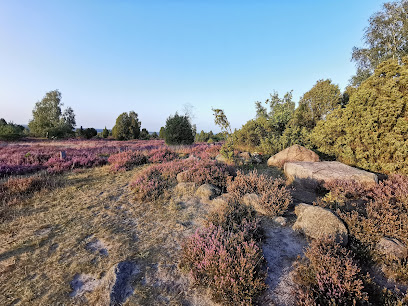
Office of the Lüneburg Heath Nature Park
Discover the Lüneburg Heath: Explore Germany's largest heathland, a unique landscape of purple heather, ancient forests, and charming villages, perfect for hiking, cycling, and nature lovers.
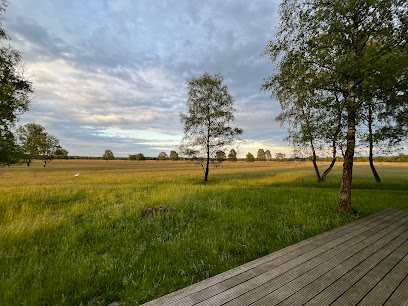
Unmissable attractions to see
Heide Park Resort
Experience the thrill of a lifetime at Heide Park Resort, Germany's premier amusement park with exhilarating rides and enchanting attractions for all ages.
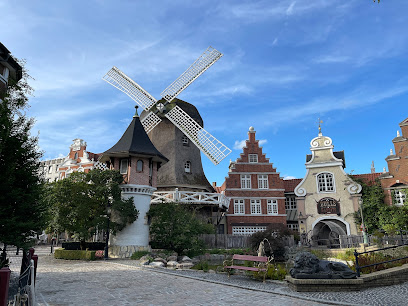
Wildpark Lüneburger Heide
Discover the beauty of wildlife at Wildpark Lüneburger Heide, a family-friendly park showcasing native and exotic animals in a beautiful natural setting.
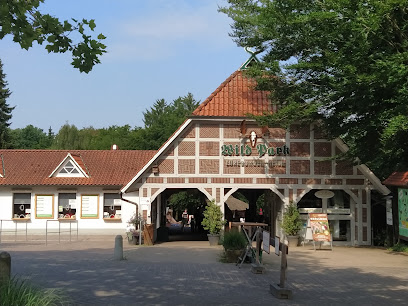
Barfußpark Lüneburger Heide in Egestorf
Discover the enchanting Barfußpark Lüneburger Heide in Egestorf, where adventure meets nature through unique barefoot trails and delightful dining.
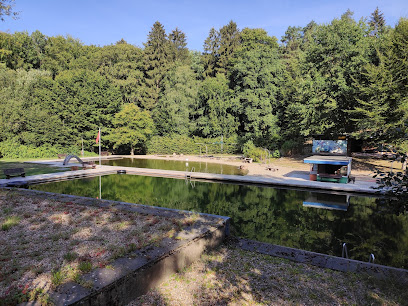
THE CRAZY HOUSE
Discover the whimsical world of The Crazy House in Bispingen, where reality bends and fun awaits for all ages in a unique museum experience.
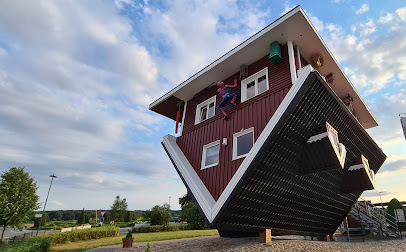
Pulverfass Cabaret
Experience the vibrant blend of modern European dining and captivating cabaret performances at Pulverfass, Hamburg's cultural gem in the heart of Reeperbahn.
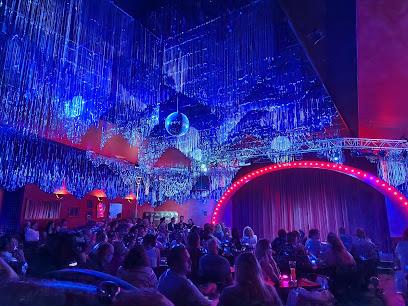
German Salt Museum
Discover the fascinating history of Lüneburg's salt industry at the German Salt Museum, a cultural landmark filled with engaging exhibits and unique souvenirs.
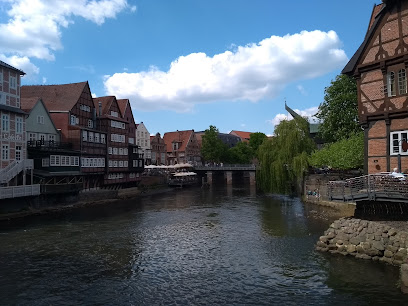
Kurpark
Discover the serene beauty of Kurpark, Lüneburg's charming state park, offering lush landscapes, delightful paths, and local attractions for all visitors.
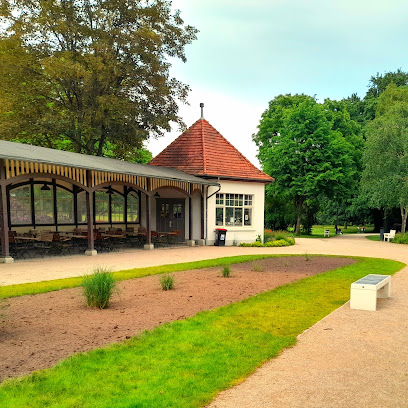
Pietzmoor - Wanderweg
Discover the enchanting Pietzmoor - Wanderweg in Lüneburger Heide, a serene wildlife refuge perfect for hiking, birdwatching, and connecting with nature.
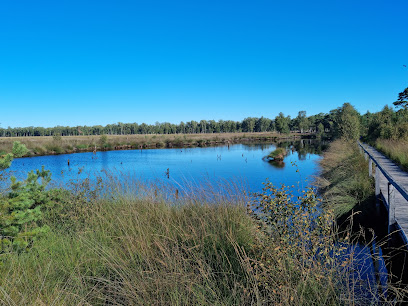
ISERHATSCHE
Explore Iserhatsche in Bispingen, where scenic beauty meets cultural discovery in a charming tourist attraction.
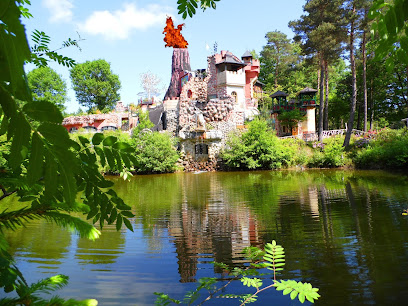
Totengrund
Experience the natural beauty of Totengrund, a scenic wonder in the Lüneburger Heide, perfect for nature lovers and outdoor enthusiasts.
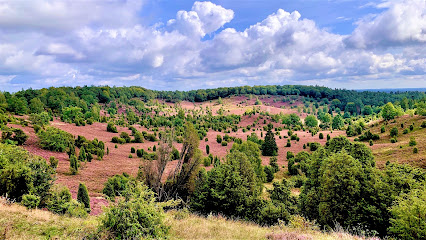
Heide Himmel Observation tower
Discover breathtaking views and serene landscapes at the Heide Himmel Observation Tower in Hanstedt, a must-visit tourist attraction in Germany.
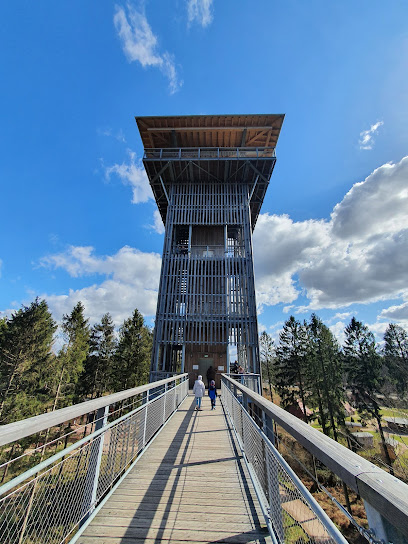
Alaris Schmetterlingspark
Discover the enchanting world of butterflies at Alaris Schmetterlingspark, a vibrant nature sanctuary in Buchholz, Germany, perfect for families and nature lovers.
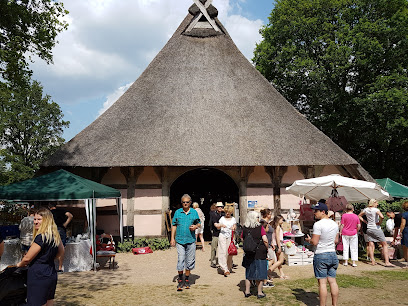
Lüne Abbey
Discover the serene beauty and rich history of Lüne Abbey, a captivating monastery and museum in Lüneburg, Germany, perfect for history buffs and peace-seekers alike.
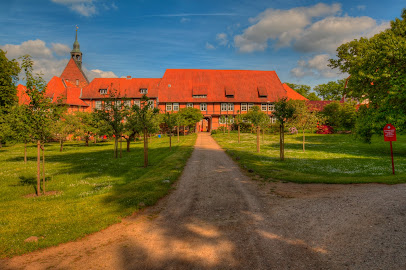
Museum Lüneburg
Discover the captivating history and natural wonders of Lüneburg at the Museum Lüneburg, where the past comes alive through engaging exhibits.
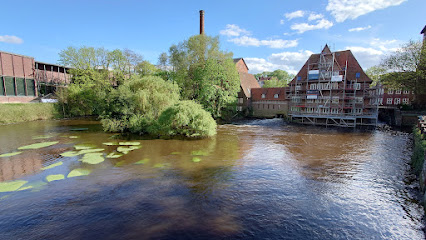
Büsenbachtal
Experience the stunning natural beauty and diverse wildlife of Büsенbachtal, a premier hiking destination in Handeloh, Germany.
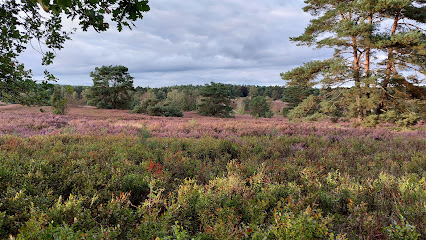
Essential places to dine
Mälzer Brau- und Tafelhaus
Experience authentic German cuisine and craft beer at Mälzer Brau- und Tafelhaus in Lüneburg - a culinary gem in the heart of Germany.
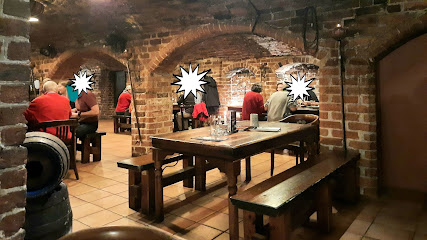
Capitol - Lüneburg Restaurant, Café & Bar
Discover Capitol in Lüneburg: A delightful restaurant offering European and German cuisine in a warm and inviting atmosphere.
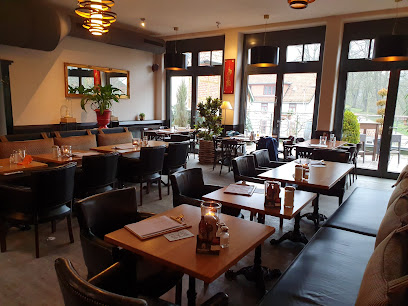
KRONE Brauhaus
Savor traditional German flavors and local brews at KRONE Brauhaus in Lüneburg – a culinary haven for tourists.
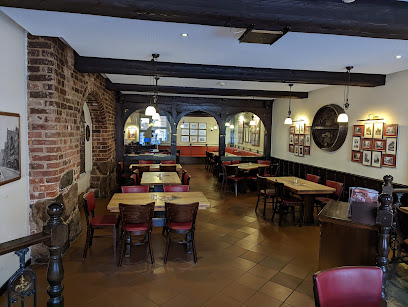
Das Restaurant in Lüneburg | Elrado-House
Experience the flavors of Lüneburg at Elrado-House – where traditional German cuisine meets modern culinary artistry.
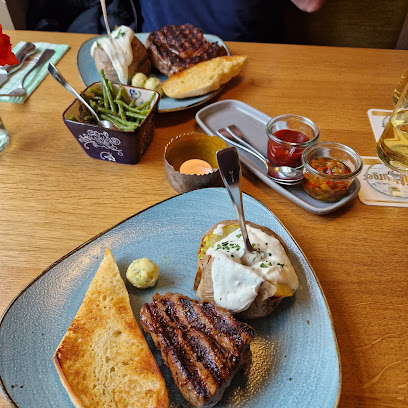
La Taverna
Experience authentic Italian cuisine at La Taverna in Lüneburg - savor delicious pizzas and pasta in a cozy setting.
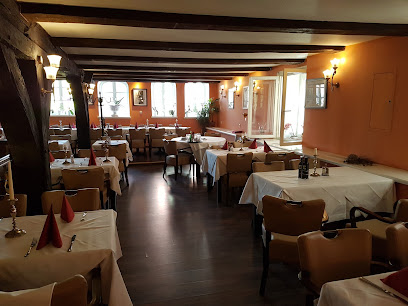
India Haus Lüneburg
Discover authentic Indian flavors at India Haus Lüneburg – a culinary gem offering a diverse menu in a cozy setting.
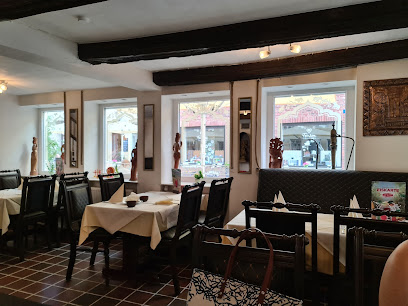
Anna's Café
Discover delightful pastries and traditional German cuisine at Anna's Café in Lüneburg—a cozy haven for food lovers.
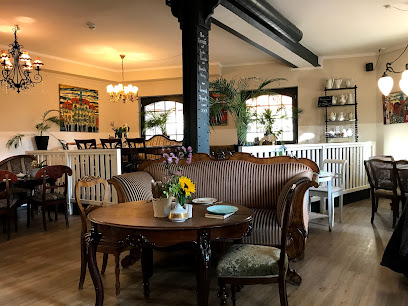
Best Western Premier Castanea Resort Hotel
Discover luxury at Best Western Premier Castanea Resort Hotel – your ideal retreat near Lüneburg with golf, wellness spa & exquisite dining.
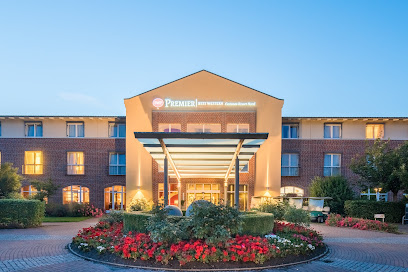
Altes Brauhaus
Discover authentic German cuisine at Altes Brauhaus in Lüneburg, where history meets hospitality in a cozy setting.
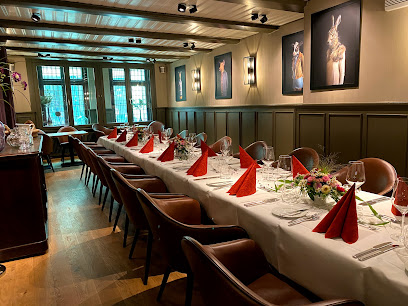
Mama Luu
Experience authentic Thai and Vietnamese flavors at Mama Luu in Lüneburg – where every dish tells a story!
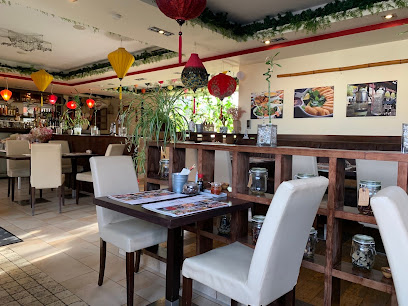
Lanzelot
Experience authentic German flavors at Lanzelot in Lüneburg—where culinary tradition meets vibrant atmosphere.
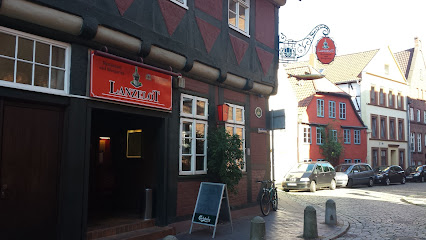
Zum Aalkrug
Experience the best of German cuisine at Zum Aalkrug, where fresh seafood meets hearty meat dishes in a cozy atmosphere.
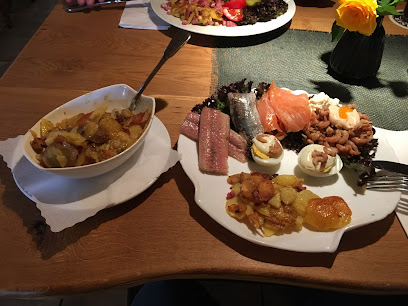
TO HUUS Gastwirtschaft Lüneburg
Savor the best of local cuisine at TO HUUS Gastwirtschaft Lüneburg – where tradition meets modern flavors in a charming setting.
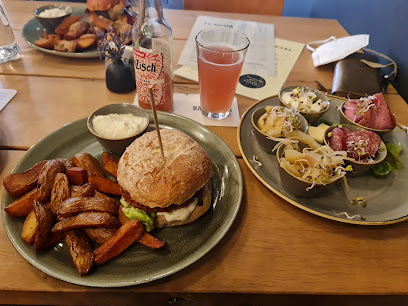
Landhaus Haverbeckhof
Discover tranquility at Landhaus Haverbeckhof - your perfect hotel getaway featuring delightful dining amidst stunning natural beauty.

Restaurant Anno1900
Experience authentic German cuisine at Restaurant Anno1900 in Lüneburg - a culinary treasure with a charming beer garden.
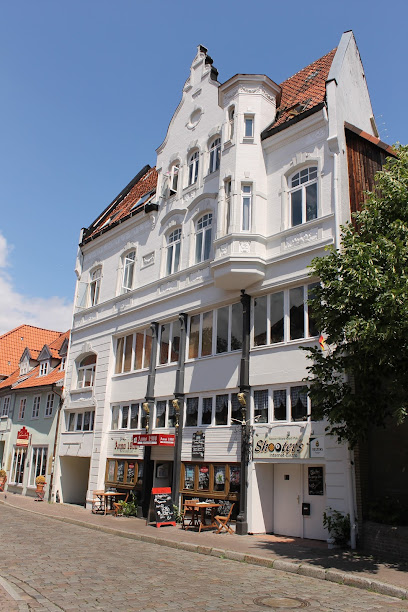
Markets, malls and hidden boutiques
Lüneburg Heath
Explore Lüneburg Heath, a breathtaking nature preserve in Germany, known for its stunning landscapes, vibrant heather fields, and diverse wildlife.
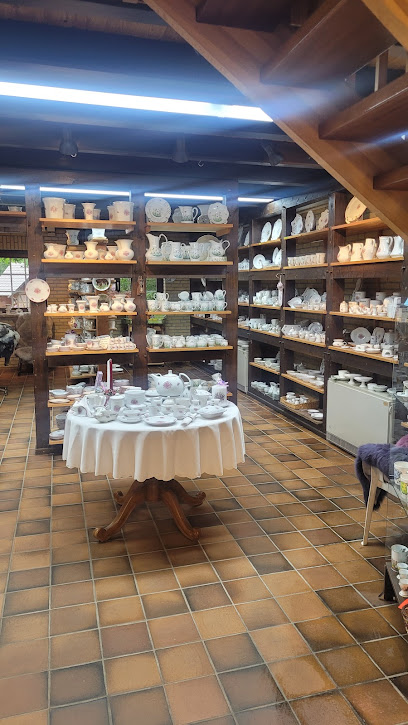
Heide Himmel Observation tower
Experience breathtaking views and natural beauty at Heide Himmel Observation Tower, a must-see tourist attraction in Hanstedt, Germany.
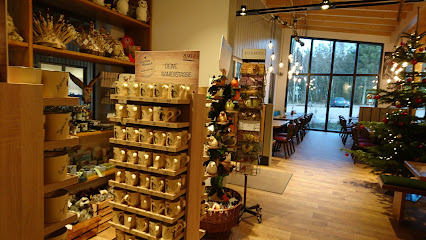
Heidekeks GmbH Werksverkauf Keksladen
Indulge in the sweet flavors of Heidekeks GmbH, your ultimate destination for freshly baked cookies in Schneverdingen, Germany.
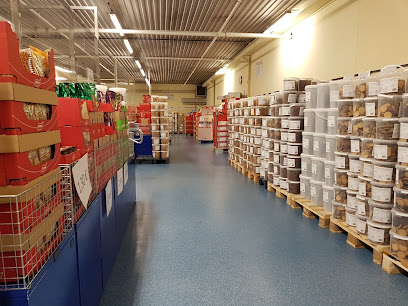
Heide-Kiosk-Höpen
Explore the charming Heide-Kiosk-Höpen in Schneverdingen for local snacks and unique souvenirs that capture the essence of this beautiful region.
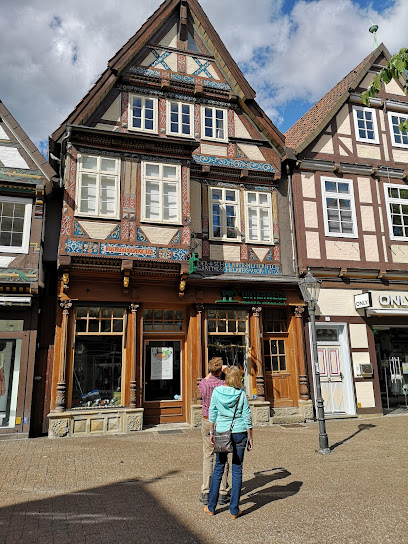
Schmucke Witwe
Experience the charm of Bispingen at Schmucke Witwe, a unique gift shop, café, and beer garden offering delightful local flavors and souvenirs.

Grube KG
Discover Grube KG in Bispingen, your ultimate destination for outdoor clothing, tools, and hunting and fishing supplies, all in one spot.
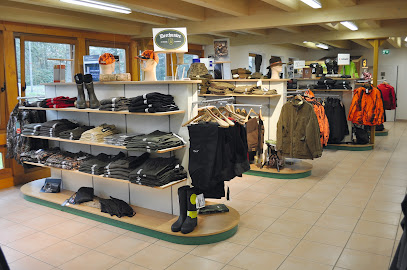
Lüneburger Schokoladenmanufaktur
Experience the art of chocolate-making at Lüneburger Schokoladenmanufaktur, where every bite is a taste of luxury and passion.
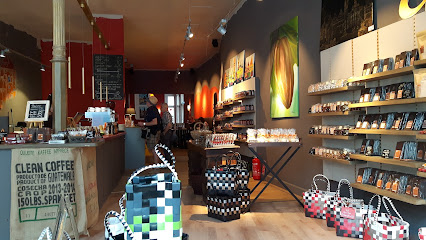
Department store Dittmer, F.W. Dittmer KG
Experience the unique shopping charm of Dittmer Department Store in Hanstedt, where quality products meet excellent customer service.
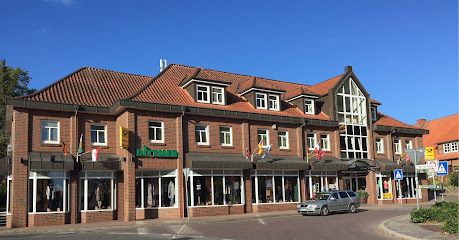
Furniture store Brümmerhoff GmbH
Explore Brümmerhoff GmbH, your destination for unique gifts and stylish home furnishings in the heart of Schneverdingen.
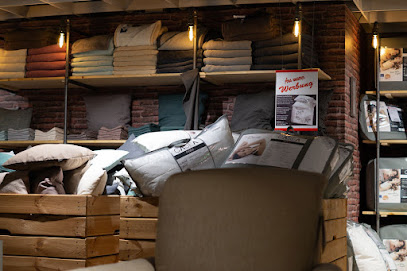
Kiebitzmarkt Renken
Discover Kiebitzmarkt Renken in Bispingen – your ultimate destination for pet supplies, gardening essentials, and expert advice.
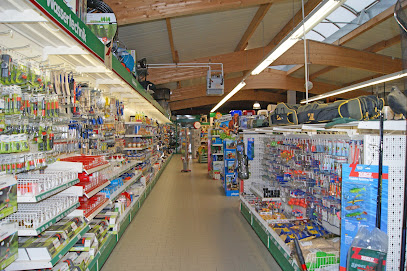
Lahdes Hofladen
Explore Lahdes Hofladen, a delightful farm shop in Schneverdingen, offering fresh local produce and homemade culinary treasures.
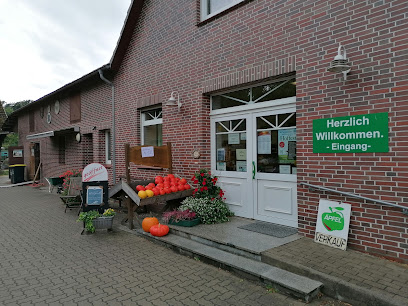
Hofladen Familie Wesseloh
Experience the taste of Schneverdingen at Hofladen Familie Wesseloh - your go-to farm shop for homemade jams and local produce.
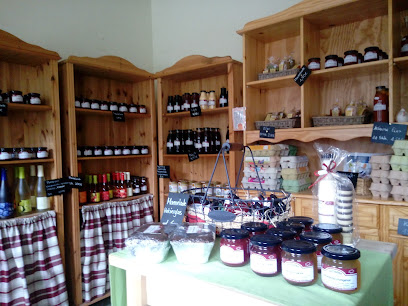
Willis Hofladen
Discover Willis Hofladen, a delightful farm shop in Bispingen offering fresh local produce and handmade goods, celebrating the essence of rural life.
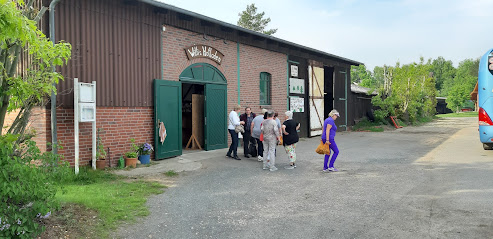
Porzellanmanufaktur Calluna
Experience the exquisite craftsmanship of Porzellanmanufaktur Calluna in Bispingen, where fine chinaware meets rich German tradition.
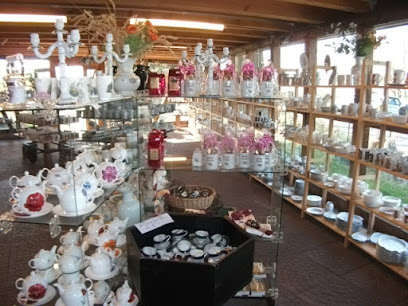
MB-Outdoor_WeberStore
Explore the ultimate barbecue destination at MB-Outdoor WeberStore in Schneverdingen, where grilling enthusiasts find everything for outdoor cooking.
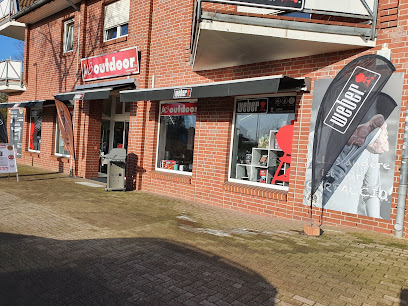
Essential bars & hidden hideouts
Old Dubliner Irish Pub Lüneburg
Discover the charm of Ireland at Old Dubliner Irish Pub in Lüneburg, where great food, drinks, and atmosphere await every visitor.
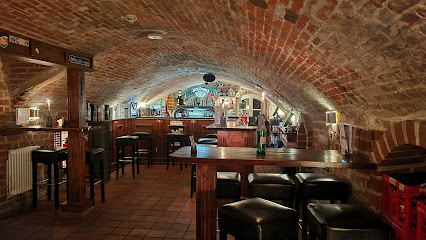
Pons
Experience the vibrant atmosphere and local flavors at Pons, a lively pub in the heart of Lüneburg, perfect for tourists and locals alike.
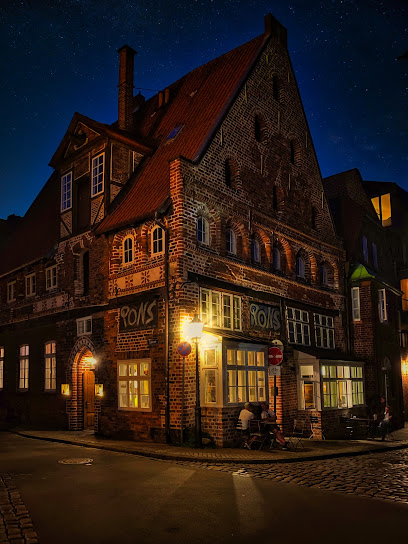
Jekyll & Hyde
Experience the charm of Jekyll & Hyde in Lüneburg, where delicious food meets a vibrant bar atmosphere.
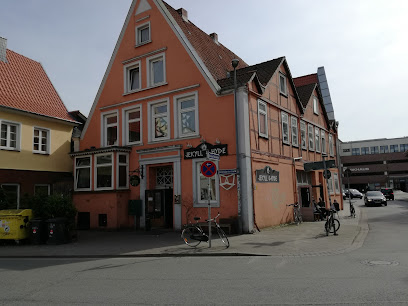
La Habana - Bistro & Bar
Experience the vibrant flavors of Cuba at La Habana - Bistro & Bar in Schneverdingen, where culinary delights and a lively atmosphere await.
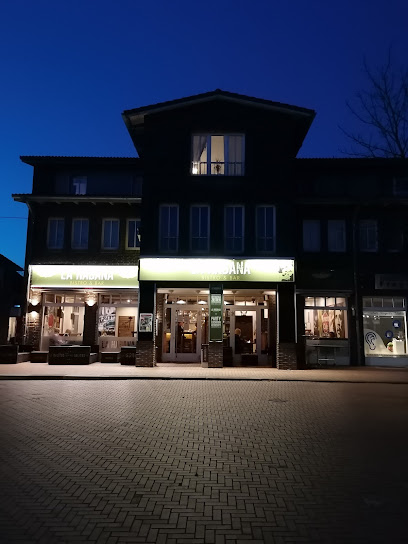
Beekays
Experience the vibrant flavors of Beekays in Lüneburg, where cocktails, pizza, and a warm atmosphere await every visitor.
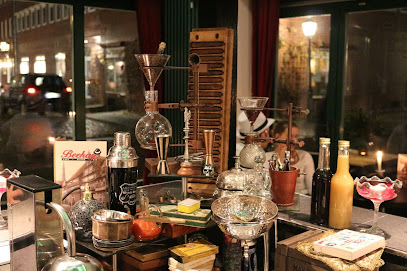
Down in Town Cocktail Lounge and more
Discover the perfect blend of cocktails and hookah in Lüneburg at Down in Town Cocktail Lounge, where vibrant atmosphere meets exceptional drinks.
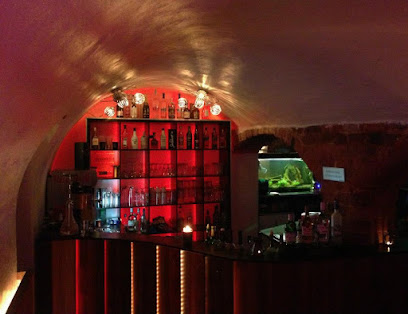
AGRON - Lüneburg
Experience the vibrant atmosphere of AGRON in Lüneburg, offering exceptional drinks, delicious meals, and memorable events in a stylish setting.
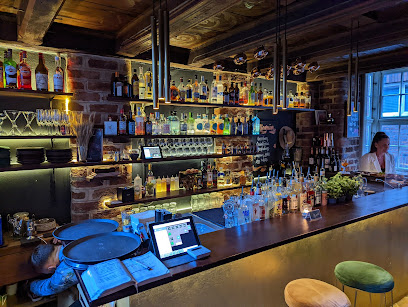
H A V N
Experience the vibrant nightlife at H A V N in Lüneburg, where eclectic drinks meet a lively atmosphere for an unforgettable evening.
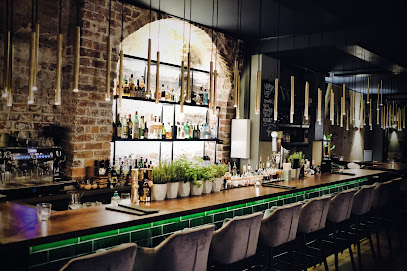
Purple Fox / Kitchen, Bar
Discover Purple Fox in Lüneburg, where innovative cocktails and culinary delights create an unforgettable dining experience.
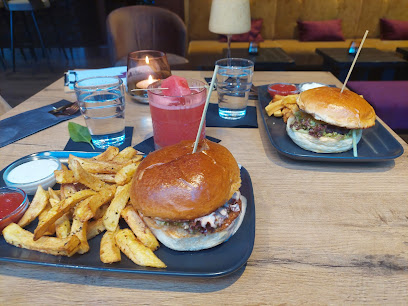
Crown_Bar Lüneburg
Experience the best of nightlife in Lüneburg at Crown Bar, where exquisite cocktails meet premium hookah in a cozy atmosphere.
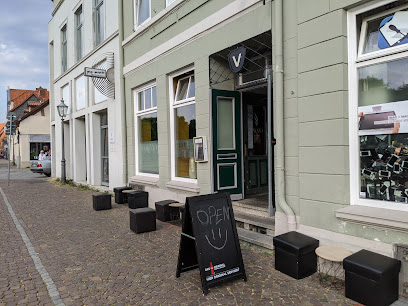
Tír na nÓg
Discover Tír na nÓg, an authentic Irish pub in Lüneburg offering traditional dishes, fine whiskey, and a lively atmosphere for all visitors.
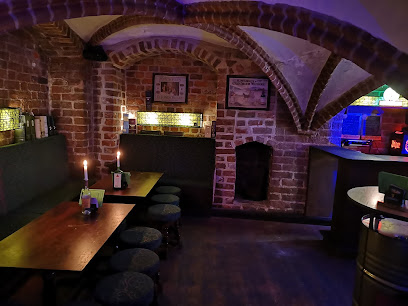
Pesel Musikkneipe
Discover the heart of Lüneburg's nightlife at Pesel Musikkneipe, where music and memories come alive in a vibrant pub atmosphere.
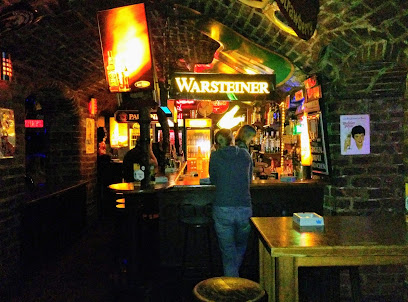
Rock Café kasa
Experience the vibrant atmosphere of Rock Café Kasa, Lüneburg's premier pub for affordable drinks and local culture.
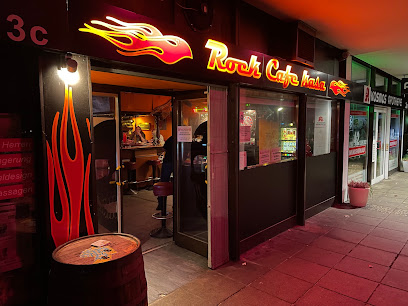
Hausbar
Experience the vibrant nightlife at Hausbar in Lüneburg - a cozy bar serving delightful drinks in a welcoming atmosphere.
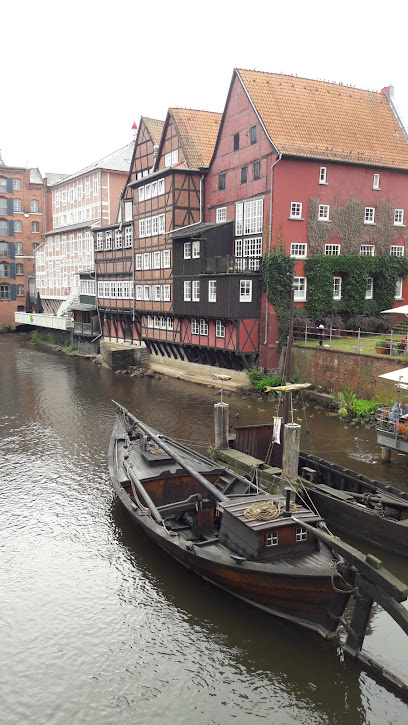
Local Phrases about Lüneburg Heath
-
- HelloMoin
[moin] - GoodbyeTschüss
[tʃʏs] - YesJa
[ja] - NoNein
[naɪn] - Please/You're welcomeBitte
[bɪtə] - Thank youDanke
[ˈdaŋkə] - Excuse me/SorryEntschuldigung
[ɛntˈʃʊldɪɡʊŋ] - How are you?Wie geht es dir?
[viː ɡeːt ɛs diːr] - Fine. And you?Gut. Und dir?
[ɡuːt ʊnt diːr] - Do you speak English?Sprechen Sie Englisch?
[ˈʃprɛçən ziː ˈɛŋlɪʃ] - I don't understandIch verstehe nicht
[ɪç fɛɐ̯ˈʃteːə nɪçt]
- HelloMoin
-
- I'd like to see the menu, pleaseIch möchte bitte die Speisekarte sehen
[ɪç mœxˈtɛ ˈbɪtə diː ˈʃpaɪzəˌkartə ˈzeːən] - I don't eat meatIch esse kein Fleisch
[ɪç ˈɛsə kaɪn flaɪʃ] - Cheers!Prost!
[pʁoːst] - I would like to pay, pleaseIch möchte bitte bezahlen
[ɪç mœxˈtɛ ˈbɪtə bəˈʦaːlən]
- I'd like to see the menu, pleaseIch möchte bitte die Speisekarte sehen
-
- Help!Hilfe!
[ˈhɪlfə] - Go away!Geh weg!
[ɡeː vɛk] - Call the Police!Rufen Sie die Polizei!
[ˈʁuːfn̩ ziː diː pɔˈliːtsaɪ̯] - Call a doctor!Rufen Sie einen Arzt!
[ˈʁuːfn̩ ziː ˈaɪ̯nən ˈaʁts] - I'm lostIch habe mich verirrt
[ɪç ˈhaːbə mɪç fɛˈʁiʁt] - I'm illIch bin krank
[ɪç bɪn kraŋk]
- Help!Hilfe!
-
- I'd like to buy...Ich möchte ... kaufen
[ɪç mœxˈtɛ ... kaʊ̯fən] - I'm just lookingIch schaue nur
[ɪç ˈʃaʊ̯ə nuːr] - How much is it?Wie viel kostet es?
[viː fiːl ˈkɔstət ɛs] - That's too expensiveDas ist zu teuer
[das ɪst tsuː ˈtɔʏ̯ɐ] - Can you lower the price?Können Sie den Preis senken?
[ˈkœnən ziː deːn praɪ̯s ˈzɛŋkən]
- I'd like to buy...Ich möchte ... kaufen
-
- What time is it?Wie spät ist es?
[viː ʃpɛt ɪst ɛs] - It's one o'clockEs ist eins
[ɛs ɪst aɪ̯ns] - Half past (10)Halb (zehn)
[halb (tsɛːn)] - MorningMorgen
[ˈmɔʁɡən] - AfternoonNachmittag
[ˈnaχmɪˌtaːk] - EveningAbend
[ˈaːbənt] - YesterdayGestern
[ˈɡɛstɐn] - TodayHeute
[ˈhɔʏ̯tə] - TomorrowMorgen
[ˈmɔʁɡən] - 1eins
[aɪ̯ns] - 2zwei
[tsvaɪ̯] - 3drei
[dʁaɪ̯] - 4vier
[fiːɐ̯] - 5fünf
[fʏnf] - 6sechs
[zɛks] - 7sieben
[ˈziːbən] - 8acht
[axt] - 9neun
[nɔɪ̯n] - 10zehn
[tsɛːn]
- What time is it?Wie spät ist es?
-
- Where's a/the...?Wo ist ein/der...?
[vo ɪst aɪ̯n/deːɐ] - What's the address?Was ist die Adresse?
[vas ɪst diː ˈaˌdʁɛsə] - Can you show me (on the map)?Können Sie mir (auf der Karte) zeigen?
[ˈkœnən ziː mɪr (aʊ̯f deːɐ ˈkaʁtə) ˈʦaɪ̯ɡən] - When's the next (bus)?Wann kommt der nächste (Bus)?
[van kɔmt deːɐ ˈnɛçstə (bʊs)] - A ticket (to ....)Eine Fahrkarte (nach ....)
[ˈaɪ̯nə ˈfaːɐ̯kartə (nax)]
- Where's a/the...?Wo ist ein/der...?
History of Lüneburg Heath
-
Lüneburg was a significant member of the Hanseatic League, a powerful economic and defensive alliance of merchant guilds and market towns in Northwestern and Central Europe. The town's wealth was primarily derived from its salt mines, often referred to as 'white gold.' The salt trade brought prosperity and importance to the region during the Middle Ages.
-
The Lüneburg Saltworks, established in the 10th century, became one of the oldest industrial operations in Europe. The saline springs that fed the saltworks were a cornerstone of the town's economy. The salt was used for preserving food and was in high demand across Europe. This industry played a vital role in the town's development and significance in medieval trade.
-
The unique landscape of Lüneburg Heath has been shaped by centuries of human cultivation. Traditional heathland farming, including sheep grazing and sod cutting, has maintained the open, sandy terrain. This method of agriculture has preserved the rare habitat and biodiversity of the heath, making it a significant ecological area today.
-
In 1519, the Lüneburg Heath was the site of the Battle of Soltau, part of the Hildesheim Diocesan Feud. This conflict between the House of Welf, which ruled the Duchy of Brunswick-Lüneburg, and the Bishopric of Hildesheim was part of the larger power struggles of the Holy Roman Empire. The battle was one of the last medieval feuds fought on German soil.
-
The Lüneburg Heath has inspired poets and writers for centuries. In the 19th and early 20th centuries, the Heathland Poetry Movement emerged, with poets like Hermann Löns capturing the natural beauty and rural life of the region. Their work helped to romanticize and preserve the cultural identity of the heath.
-
Lüneburg Heath holds a significant place in World War II history. On May 4, 1945, British Field Marshal Bernard Montgomery accepted the unconditional surrender of German forces in the Netherlands, Northwestern Germany, and Denmark on the Heath. This event marked a crucial step towards the end of the war in Europe.
-
Established in 1921, the Lüneburg Heath Nature Park is one of Germany's oldest nature reserves. The park covers an area of about 1,130 square kilometers and aims to protect the unique heathland environment. It offers a glimpse into the traditional pastoral landscape and is a haven for rare wildlife, including the iconic Heidschnucke sheep.
Lüneburg Heath Essentials
-
Lüneburg Heath is located in Lower Saxony, Germany. The nearest major airports are Hamburg Airport (approximately 70 kilometers away) and Hanover Airport (around 85 kilometers away). From these airports, you can take a train or rent a car to reach Lüneburg Heath. The region is well-connected by the German railway network (Deutsche Bahn), and the closest train stations are in Lüneburg, Buchholz in der Nordheide, and Soltau. From these stations, local buses and taxis can take you to various parts of the heath.
-
Within Lüneburg Heath, transportation options include local buses, taxis, and car rentals. Biking is also a popular way to explore the area, with numerous well-marked cycling paths. For those who prefer walking, many attractions are connected by scenic hiking trails. During peak tourist seasons, there are additional shuttle services that connect major points of interest.
-
The official currency in Germany is the Euro (EUR). Credit and debit cards are widely accepted in hotels, restaurants, and shops, but it is advisable to carry some cash, especially in smaller towns and rural areas. ATMs are readily available in larger towns like Lüneburg, Soltau, and Buchholz in der Nordheide.
-
Lüneburg Heath is generally a safe area for tourists. Standard precautions should be taken, such as not leaving valuables in plain sight and being aware of your surroundings, especially in crowded places. There are no specific areas known for high crime rates targeting tourists, but it is always good to stay vigilant.
-
In case of an emergency, dial 112 for immediate assistance from police, fire, or medical services. Hospitals and medical facilities are available in larger towns like Lüneburg and Soltau. It is recommended to have travel insurance that covers medical emergencies. For minor health issues, pharmacies are available in towns across the heath.
-
Fashion: Do dress comfortably and appropriately for outdoor activities. Layers are advisable due to variable weather. Avoid excessively casual attire in more formal settings. Religion: Do respect local customs and traditions, especially when visiting churches or religious sites. Public Transport: Do buy a ticket before boarding and validate it if required. Don't be loud or disruptive on public transport. Greetings: Do greet people with a handshake and maintain eye contact. A polite 'Guten Tag' (Good Day) or 'Hallo' (Hello) is customary. Eating & Drinking: Do try local specialties and be polite when dining out. Don't expect to split the bill in many traditional restaurants; it's more common to pay as a group.
-
To experience Lüneburg Heath like a local, visit during the heather blooming season in late summer for breathtaking landscapes. Explore the smaller villages and interact with locals who can share stories and hidden gems. Participate in local festivals and markets to truly immerse yourself in the culture. Don't miss the chance to try local dishes such as Heidschnuckenbraten (roast heathland sheep) and Buchweizentorte (buckwheat cake).
Trending Landmarks in Lüneburg Heath
-
Wildpark Lüneburger Heide
-
Am Sande
-
Old crane in the Lüneburg harbor
-
German Salt Museum
-
Totengrund
-
Heide Himmel Observation tower
-
Lüne Abbey
-
Museum Lüneburg
-
Wilseder Berg
-
Klein Bünstorfer Heide
-
Abbey mill
-
Das Schwangere Haus
-
Heidemuseum Dat ole Huus
-
Hanibals Grab
-
Office of the Lüneburg Heath Nature Park
Nearby Cities to Lüneburg Heath
-
Things To Do in Bremen
-
Things To Do in Hannover
-
Things To Do in Lubeck
-
Things To Do in Rostock
-
Things To Do in Sønderborg
-
Things To Do in Munster
-
Things To Do in Groningen
-
Things To Do in Potsdam
-
Things To Do in Berlin
-
Things To Do in Nyborg
-
Things To Do in Odense
-
Things To Do in Ribe
-
Things To Do in Erfurt
-
Things To Do in Næstved
-
Things To Do in Kolding












